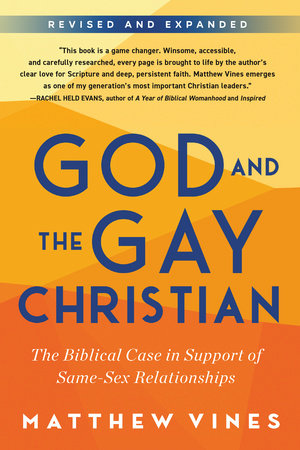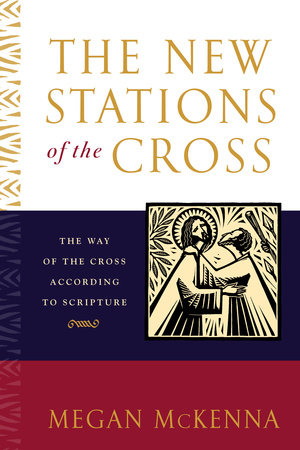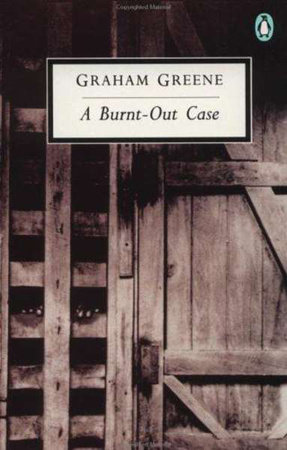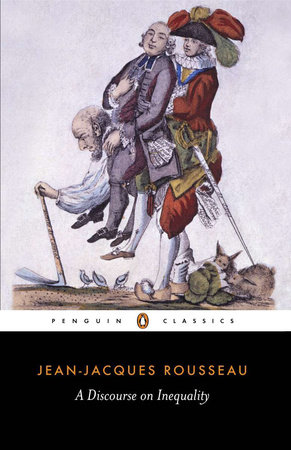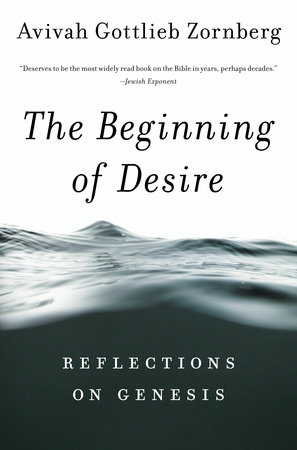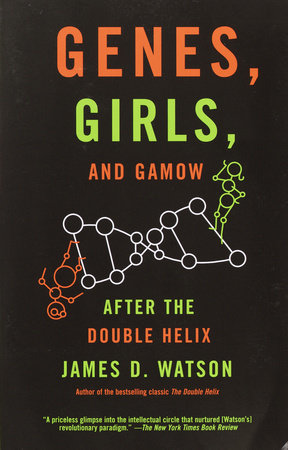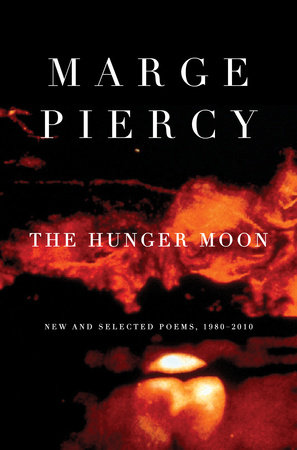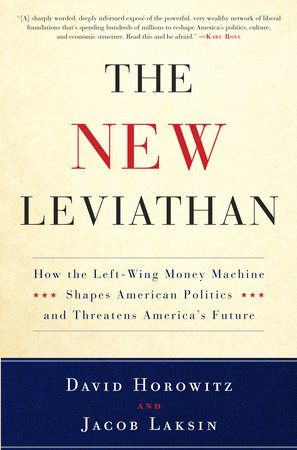Author Q&A
How did you come to write THE FULL MATILDA?
After finishing another novel, I got the idea for a short story about a maiden aunt–the formidable kind who is the stuff of every family’s legends. She was appreciated and respected only by a great-nephew, who enjoyed spending time with her and wanted to take care of her. I couldn’t figure out how to make it work as a short story, but the character stuck with me. She became the title character of this novel.
THE FULL MATILDA looks at the life of an African American woman through the eyes of the men in her life. How did you decide to use that approach and would female characters have told a different story about Matilda?
As I imagined Matilda’s family, I imagined a family where there were only male relatives. I’m sure that stories told by mothers, sisters, daughters, and nieces would have been an entirely different kind of book. My fiction often (maybe always) explores what happens when you put powerful women up against powerful men.
One of the most striking things about your novel is your intricate portrait of Matilda Housewright. Could you tell us more about her–and how she developed while you were writing the novel? Is she based on someone in your own life?
From the first moments writing that unresolved short story, a crystal clear image of Matilda began to emerge for me. I pictured the erect way she has of carrying herself and I could hear a voice full of crisp diction and haughty righteousness. In my early drafts of chapters, I had imagined her as a rather pathetic figure–someone who would be the butt of family jokes and, at best, someone to be pitied. As the book grew, she made it very clear to me that she’d have none of my, nor anyone else’s, pity and that she was a person who took the world on her own terms. Matilda is not based on any one person I knew, but I’ve known plenty of strong and tough women. Little parts of all of them have found their way into this character.
One of the major themes of this novel is duty–to family, to self, to heritage. Why was this a topic you wanted to explore?
Duty fascinates us, I think, because it is both a great strength–has arguably been the glue holding together families and communities–but is also a limitation in our lives. Obligation is a joy as well as a burden. But more than the issue of duty, I was compelled by a realization of how close we all are to the time when so many of us lived our lives in service–whether by choice or by force. All of us have carried forward vestiges of this legacy.
Do you think readers will like Matilda Housewright?
I hope they do. I imagine some readers will find her frustrating and strange–in the same way her family does. But I hope she will also be a character who will stick with them.
Matilda Housewright insists on preserving the world of mores and manners into which she was born. Do you believe there are lessons or ideals from that era that should be preserved today?
I’ve already noted that legacies carry forward. It’s common to hear older people lament the lost gentility of the past. When I see my own great nephew–yet a toddler–smile my brother’s smile and roll his eyes in that exact same way, I guess I wonder what choice we have in what gets preserved.



